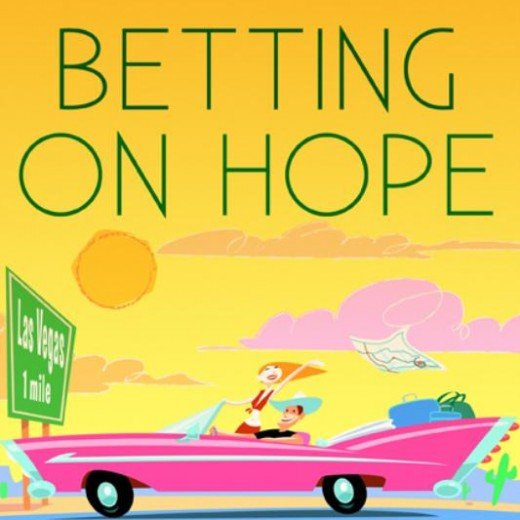Find Your Character’s Tipping Point by Kay Keppler
Let’s welcome back monthly columnist, editor, and novelist, Kay Keppler, as she shares with us “Find Your Character’s Tipping Point.” Enjoy!
***
Have you ever changed your mind about something substantial? For example, did you ever think you’d never vote Republican/Democrat, steal a loaf of bread, betray a friend? If you ever shifted your opinion, why did you? And how did that decision shift your world view or how you lived your life?
Tipping Points: Overcoming Misbeliefs
Therese Walsh calls the moment when your character changes her mind or her world view—when she’s forced to change her mind—a “tipping point.” Exploring your characters’ tipping points enriches your characterizations and your story, because your protagonists (or maybe antagonists) overcome misbeliefs by going to their limits—and beyond.
What does it take to make your character change not just her mind? And why would she? And where does it take her?
The World View at the Start
Start at the beginning. What is your protagonist’s world view at the beginning of your story?
- What won’t she do?
- What won’t she say?
- Whom would she never betray?
- What or whom does she trust implicitly?
- What or whom would she give up to achieve her greatest desire?
- For whom or what would she make significant sacrifices, even lay down her life?
Leaving the Comfort Zone
Now, in each instance, what would it take for her to change her mind? To be pushed out of her comfort zone? That’s the tipping point.
Let’s look at the first bullet point. Let’s say that your character thinks that the one thing she’d never do is kill another human being. What would have to happen for that viewpoint to change? Maybe she’s under attack, and the villain is shooting at her. Maybe someone kidnaps her child, and she tracks him down, to discover that the child has been assaulted. Maybe you’re writing a wartime scenario. If your character is a conscientious objector, what would make her take that step to kill?
Forces of Change
If you can’t imagine that your protagonist would ever leave her original character behind, think about the steps—the people, events, or accidents—that would take her to that difficult place. Consider the effect of:
- Lies
- Liars
- Injustice
- Insecurity
- Corrupt forces
- Threats to her future
- Threats to those she loves
- Threats to things she loves
- Disempowerment
- Abandonment
- Victimization
- Brainwashing
- Addiction
- Poverty
- Cruelty
- Hatred
- Illness
- Abuse
- Chaos
- Pain
- Fear
Any of these, when taken to extreme, could push your character to a tipping point. Think how she would respond if these things came from someone or something she trusts or trusted. Or if she realizes that she’s been manipulated to act against her own best interests. How would she receive this information, and how hard would she resist it?
Dare to Struggle
You want your character to struggle as the stakes rise. Consider these questions:
- What can’t she ignore?
- What has she already compromised or sacrificed?
- Whom has she already lost?
- How has she lied to herself?
- How many voices will she dismiss as crazy before something finally nudges her conscience, makes her wonder?
- What will she do with that blast of enlightenment once she sees the truth?
- How does that redirected energy fuel her arc?
- What will she lose or gain by accepting the truth?
- How will reaching a tipping point change her?
- Is this tipping point only the first in a series?
- What comes next?
Tipping Points for Unpleasant People
Because conflict fuels story, tipping points tend to come from difficult pressure points—pain, loss, injustice—on characters we identify with. But positive pressure points—joy, compassion, truth—can trigger tipping points for unpleasant protagonists or even antagonists.
For example, in A Christmas Carol, Scrooge is motivated to leave his “comfort zone” of selfishness, distrust, and cruelty through positive qualities of joy and love. And in A Man Called Ove, the protagonist begins as a grouchy old guy whose demeanor is explained by a history of insecurity, pain, and chaos. Darth Vader is an antagonist who travels a road of change.
Maximize the Shift
Reaching a tipping point is a dramatic turn of events, so don’t make your character’s change of nature too easy, or it won’t ring true. That said, finding a tipping point for your character is a powerful way to change up your story, give your characters new challenges, and up the stakes. Good luck!
***
ABOUT THE AUTHOR
Kay Keppler is an author Zero Gravity Outcasts, Betting on Hope, Gargoyle: Three Enchanting Romance Novellas, and editor of fiction and nonfiction –Angel’s Kiss and Outsource It!
is an author Zero Gravity Outcasts, Betting on Hope, Gargoyle: Three Enchanting Romance Novellas, and editor of fiction and nonfiction –Angel’s Kiss and Outsource It!
She lives in northern California. Contact her here at Writer’s Fun Zone in the comments below, or at kaykeppler@yahoo.com to ask questions, suggest topics, or if you prefer, complain.








Key, thank you for this. I am in the middle of refactoring my protagonist and this gives me some big help in doing that. Your lists are priceless, most especially “Dare to Struggle.” Much to think about.
Hi Hugh,
I’m so glad if my lists help you refactor your protagonist! The “Dare to Struggle” subhead came originally from a slogan of my long-ago, misspent youth: “Dare to struggle, dare to win.” It’s a good reminder that one doesn’t win without the fight. Good luck with the refactoring!